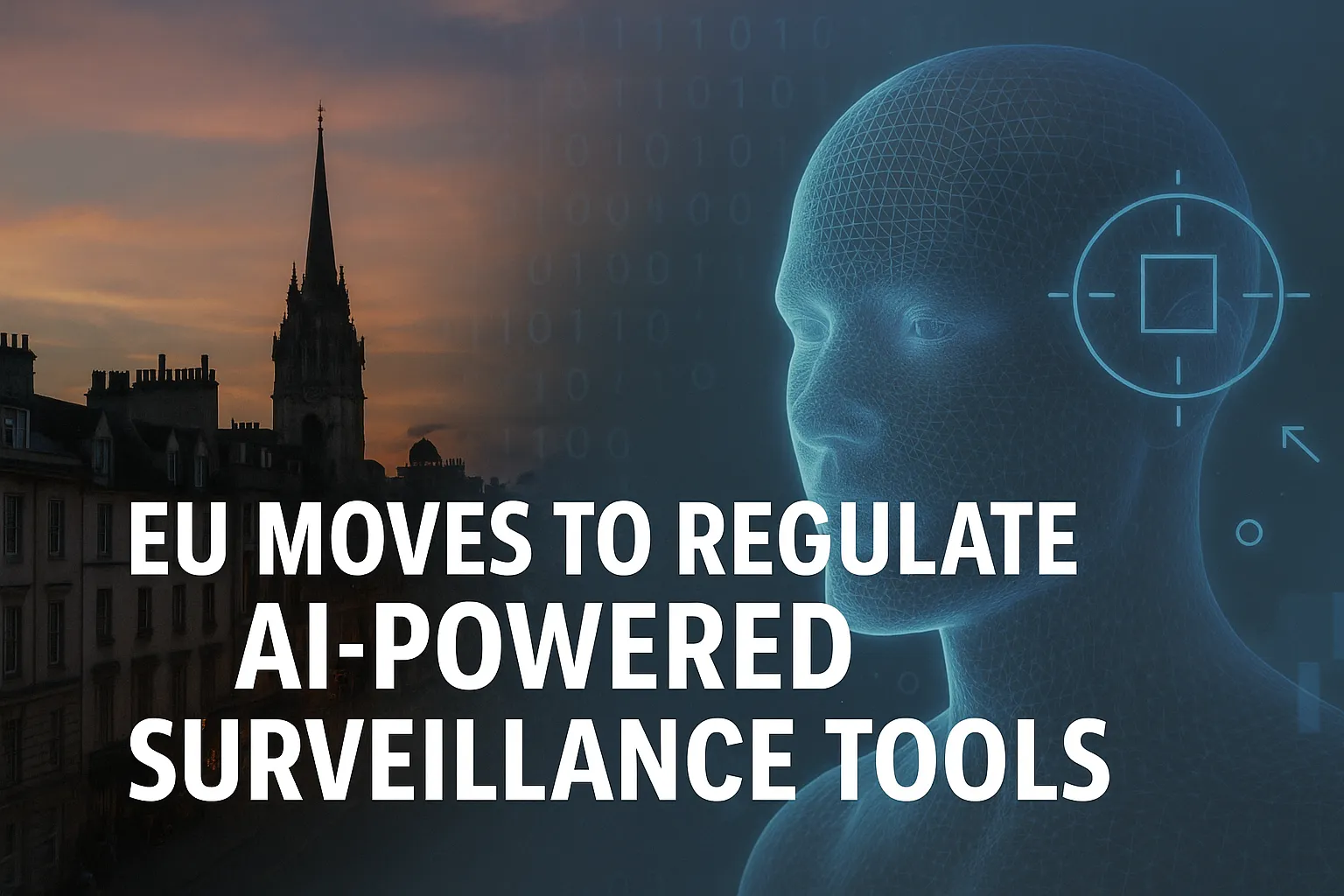EU Moves to Regulate AI-Powered Surveillance Tools
Landmark Legislation Targets Facial Recognition, Predictive Policing
The European Commission has unveiled a sweeping set of regulations aimed at limiting the use of AI-powered surveillance technologies, including facial recognition systems and predictive policing algorithms. The proposed bill, titled the AI Ethics and Oversight Act, would ban real-time biometric tracking in public spaces and require companies to undergo strict compliance audits.
“We must ensure that technology protects citizens, not monitors them,” said EU Commissioner Anja Keller.
Concerns Over Civil Liberties
Civil rights groups across Europe have applauded the legislation, warning that unregulated AI surveillance poses a threat to democracy and personal freedoms. The new rules would force tech firms and law enforcement agencies to justify every deployment of biometric AI systems, or risk heavy penalties.
A major focus is on transparency, algorithmic bias reduction, and user consent.
Tech Industry Responds with Caution
While some companies, including German software firm VerticaAI, welcomed the clarity, others warned the regulations could hinder innovation. “We support safe AI, but over-regulation could slow down crucial developments in smart security and emergency response systems,” said VerticaAI CEO Janik Roth.
Next Steps and Global Implications
The legislation will be debated in the European Parliament next month. If passed, it could set a global precedent for AI governance, as nations from Canada to Japan observe the EU’s approach.
Advocates hope this will encourage international standards on AI safety and surveillance accountability.

